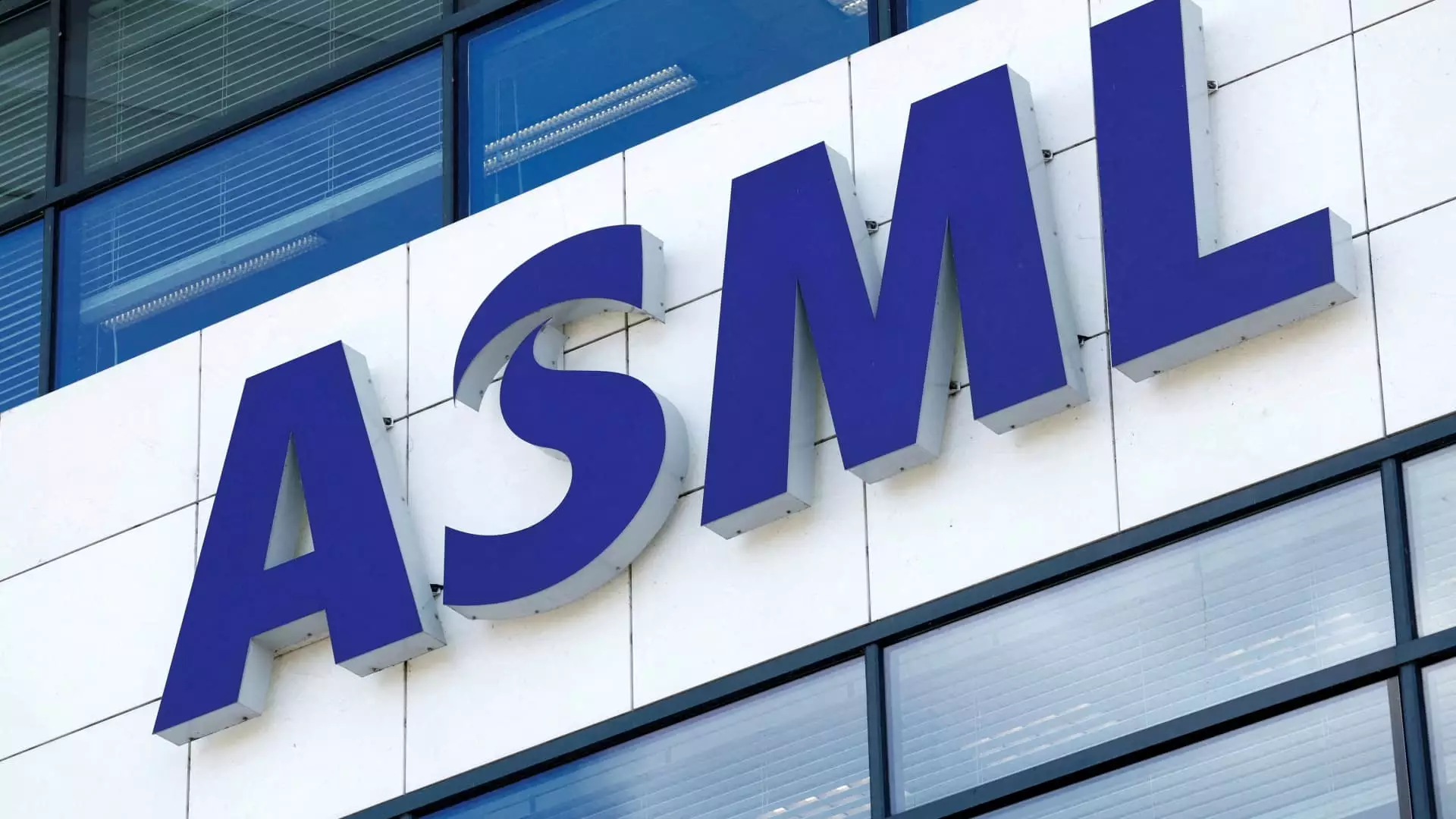ASML, the Dutch semiconductor company, recently reported second-quarter earnings that surpassed expectations. With net sales reaching 6.24 billion euros and net profit at 1.58 billion euros, ASML exceeded the consensus estimates. This success comes at a time when there is a growing interest in artificial intelligence chips, driving up demand for ASML’s critical semiconductor manufacturing equipment.
Despite a 9.5% decrease in net sales and an 18.7% drop in net income year-on-year, ASML remains optimistic about the future. The company anticipates a recovery in the semiconductor industry, with CEO Christophe Fouquet pointing towards 2024 as a pivotal “transition” year. Looking ahead, ASML has maintained its full-year outlook and forecasts third-quarter net sales between 6.7 billion euros and 7.3 billion euros.
The rise of artificial intelligence has played a significant role in driving industry recovery and growth. ASML has recognized the strong developments in AI, which are leading the way in driving the demand for advanced chips. Despite AI being a relatively small part of ASML’s revenues currently, analysts predict significant growth in this sector in the near future.
Geopolitical Challenges
ASML also faces geopolitical challenges, particularly concerning export restrictions on advanced semiconductor equipment imposed by the U.S. government. These restrictions impact ASML’s offerings, although the company has never exported its extreme ultraviolet (EUV) machines to China. While China remains a critical market for ASML, accounting for 49% of sales in the second quarter, export restrictions could affect a portion of its sales in the region.
Looking ahead, ASML is preparing for industry shifts expected in the coming years. With the semiconductor industry projected to be in a cyclical upturn by 2025, ASML is laying the groundwork for new semiconductor manufacturing plants being built by major chipmakers like Taiwan Semiconductor Manufacturing Co. (TSMC) and Samsung. The company is gearing up for increased demand for its equipment as new fabs are constructed worldwide.
ASML’s strong second-quarter performance reflects the growing demand for semiconductor manufacturing equipment driven by trends in artificial intelligence. Despite geopolitical challenges and export restrictions, ASML remains poised for growth and innovation in the semiconductor industry. By anticipating industry shifts and investing in technology, ASML is positioning itself for continued success in the years to come.


Leave a Reply